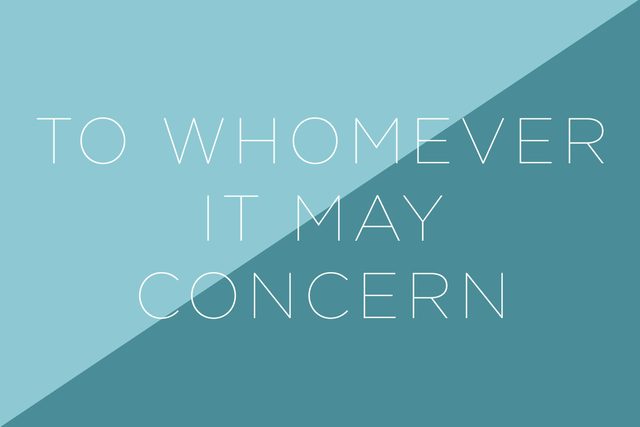
Don’t use a vague greeting
Using this impersonal phrase appears lazy, as though you are unfamiliar with the company. Instead, open the letter by addressing a single person—ideally, the person who is interviewing and hiring for the position. If you don’t know who that will be, don’t be afraid to call the company and ask for a name. Anything is better than the outdated “Dear Sir or Madam.”
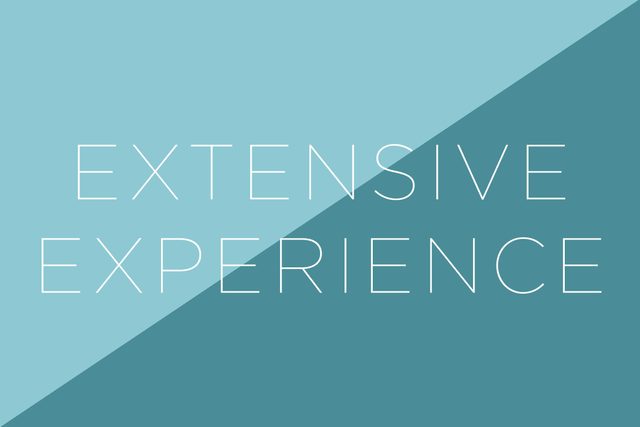
Don’t tout experience you don’t have
If you are a new grad looking for your first job, claiming that you have “extensive experience” will be an immediate red flag for hiring managers. It is unlikely that anyone has truly extensive experience right after college; more likely, they are trying to buff up their abilities to appear more impressive. Instead, providing illustrations and examples of your own abilities will make your cover letter unique. But make sure to keep it short and sweet; nothing is worse than paragraphs and paragraphs of clunky examples, especially when they’re already covered in the resume. Here are some other common mistakes first-time job hunters make.
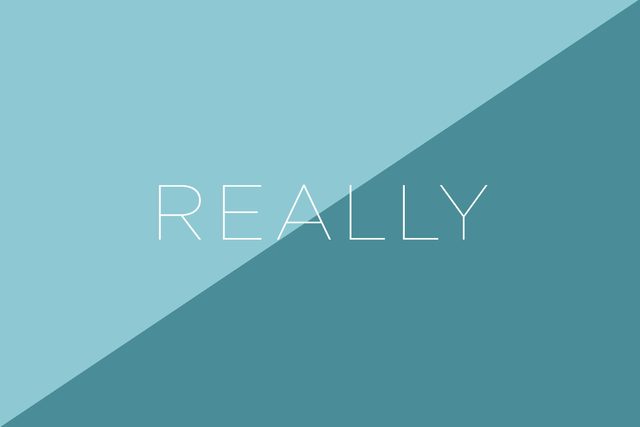
Don’t go crazy with adverbs
Your goal is to keep your cover letter succinct and snappy. These words are unnecessary and can clutter an otherwise eloquent statement. Rake your letter free of any excessive language and find a more concise way to say the exact same thing.

Don’t go on and on about college or education history
Listing your education history on a cover letter is a big no-no, according to themuse.com. Keep your schooling limited to your resume. “At the end of the day, what hiring managers care about most is your work experience (and yes, that can be volunteer or internship experience, too)—and what you can walk through the door and deliver on Day 1,” according to the site.
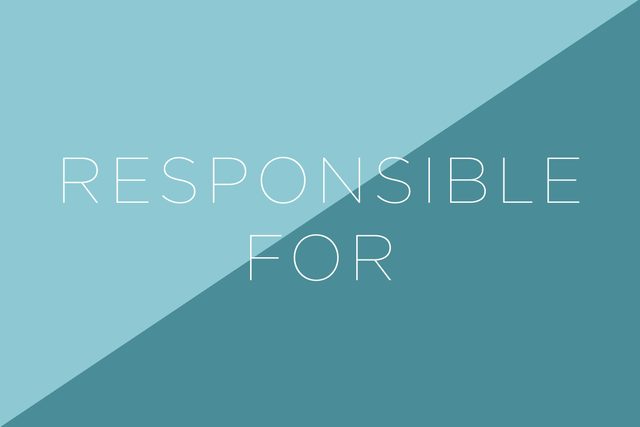
Avoid passive language
You’re selling yourself short if you use phrases like “responsible for,” according to Lily Zhang, career development specialist at MIT, for The Muse. “Aside from being boring, using the words ‘responsible for’ prevents you from being able to list out your accomplishments.” Opt for more descriptive verbs to illustrate why your experience is specifically relevant to the position, such as “spearheaded” or “implemented.”

Don’t use pat phrases
These vague yet common phrases can sound weak and unsure of your abilities. A great cover letter demands the reader’s attention and respect from its opening lines, so don’t be afraid to use phrases like “I am confident that…” Check out these expert tips for making your cover letter stand out.
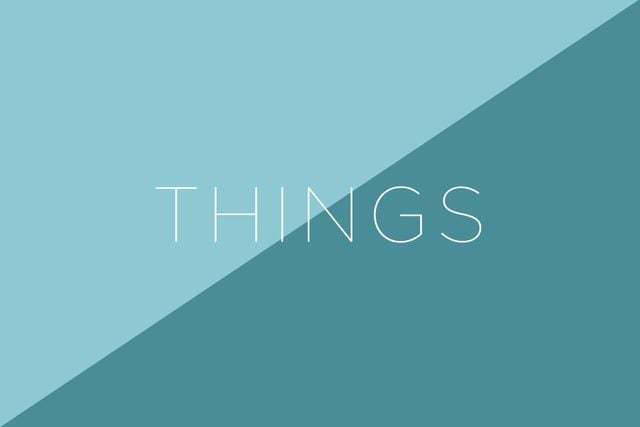
Don’t be vague when you can be specific
According to Fast Company, “this word is fat and lazy, and takes up precious space where a more specific word can work harder.” Omit any general space-fillers in your cover letter and replace them with more vivid, rich details about your experience and “meaningful abilities that will leave a lasting impression.” Learn the secrets HR people won’t tell you.
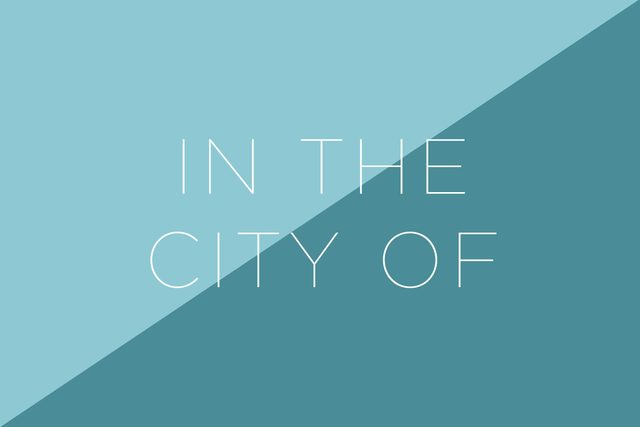
Don’t use words you don’t need to
“In the month of May” and “the city of San Francisco” are unnecessarily wordy ways to describe what everyone already knows. Use a fine-tooth comb to weed out any superfluous descriptors that are taking up valuable real estate on your one-pager. Here are some other phrases that you probably don’t realize are redundant.
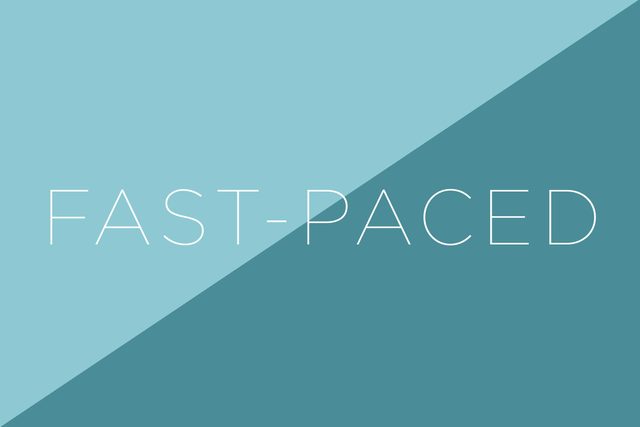
Find a fresh way to describe the work environment you seek
This commonly used adjective is found in cover letters all the time, which can be a snooze-fest for hiring managers. Instead of saying you want to work or have worked in a “fast-paced environment,” try describing the care you take in meeting deadlines or your ability to juggle many tasks at once. These are invisible job skills you might not realize you have.
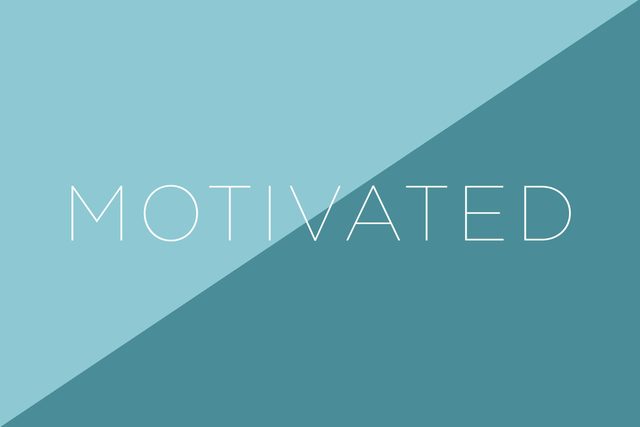
Be careful about the way you describe yourself in your cover letter
It is easy to come off as overconfident or bragging. Some words, including this one, are of the kind that you want others to say about you—not necessarily for you to say about yourself. Presenting yourself as a passionate, enthusiastic person will make your motivation apparent, without saying it outright. Arrogance definitely qualifies as a cover letter mistake that could cost you the job.
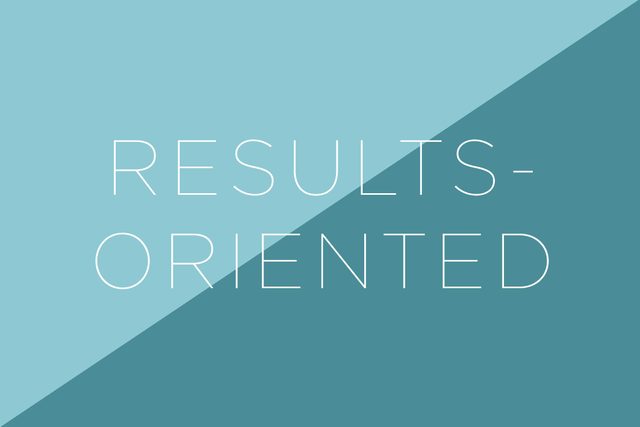
Remember that it’s not just about results, but lessons
Although results matter for every career, employers are often looking for someone who can make meaningful contributions to the overall workplace. Use your cover letter to distinguish yourself from others by illustrating that results matter to you, but so did the lessons that got you there.
Want to secretly look for a job while you still have one? Here’s how.
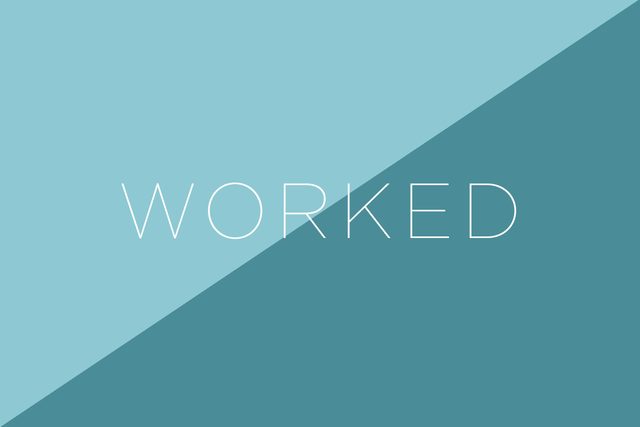
Use specific, descriptive words whenever you can
This is a vague word that fails to meaningfully describe your experience or abilities. Replace it with richer, more compelling verbs like “directed” or “negotiated.”
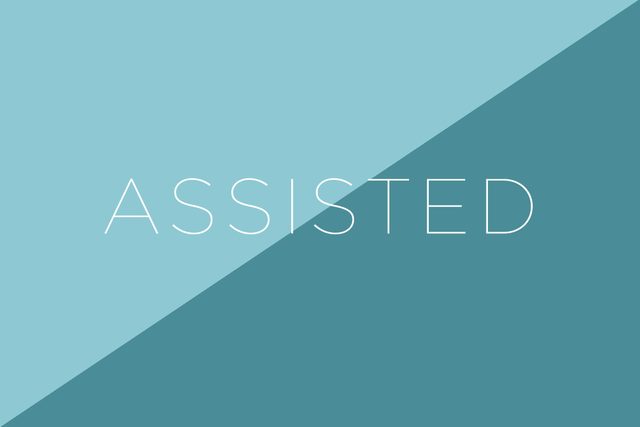
Avoid using weak verbs
Don’t be afraid to take credit for what you did—use active and specific terms like “collaborated,” “proposed,” or “launched,” instead. And no matter what words you use, make sure you spell them right. Learn the most commonly misspelled word on job applications.
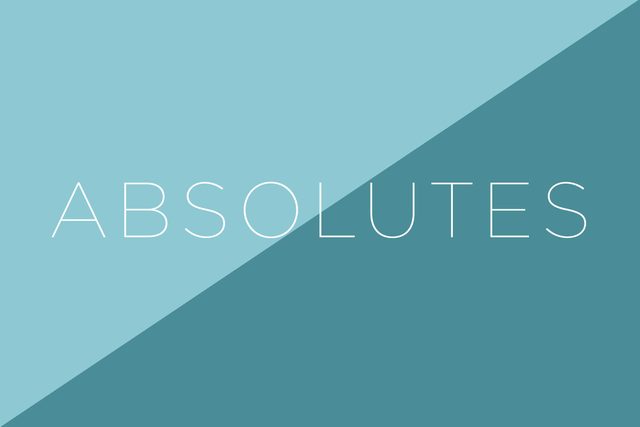
Avoid using “always,” “never,” and other extremes
Exaggerations such as “never been more excited to apply” or “have always wished for this opportunity” sounds insincere and untrue, according to Fast Company. They recommend resisting the urge to replace these phrases with “often” or “sometimes,” and just omitting them altogether.
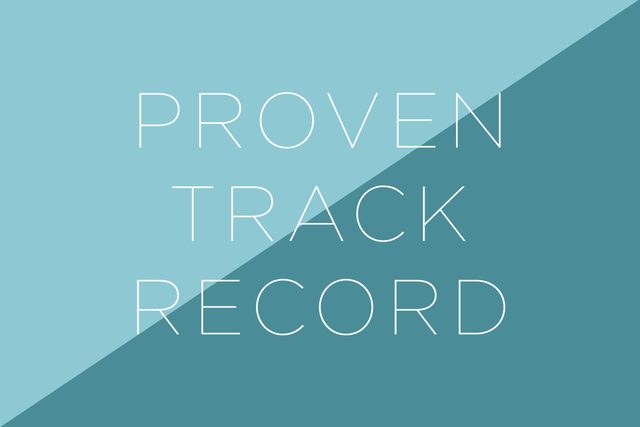
Scan, scan, scan for clichés
This phrase an overused cliché on every cover letter. Leave it to your resume to present the quantified numbers of your success; your cover letter is about showing the positives of your personality. Avoid these clichéd phrases that make you sound annoying.

Tell stories instead of using catchphrases
Cut the fluff, Megan Broussard, creator of the career-lifestyle site ProfessionGal, told themuse.com. Instead, let your experiences and references speak for you. Employers will be more impressed to hear you talk about your passion for the field and dedication to the people or team with whom you worked. Here’s how to build trust with your coworkers.

Don’t use language that downplays your abilities
Admitting to your “limited” experience, or listing skills that you are only “averagely” good at, is sure to land your cover letter in the trash bin—no questions asked.

Show, don’t tell
Instead of describing yourself as an innovative person, showcase your skills by trying a narrative approach: tell a brief story about a time you made an less-than-optimal situation work, or found a solution to a problem that seemed unfixable.

Don’t use fancy words that sound inauthentic
It’s easy to fall into the trap of using intelligent-sounding words, thinking that it will win you bonus points from the reader. But according to Zhang, “It’s not working. Go back to the basics.” Sometimes, it’s better to keep it simple with an easy term like “used.” Here’s why fancy words don’t necessarily make you sound smarter.
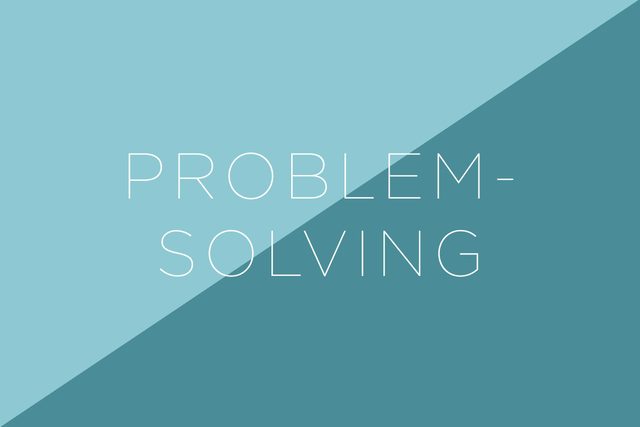
Watch for bland phrases
This descriptor risks sounding bland, unless you have included context or examples to back it up. Narrating scenarios in which you had to put your problem-solving skills to the test will make for a more compelling cover letter.
Now that you know what not to put in a cover letter, learn the resume pitfalls you should avoid as well.
